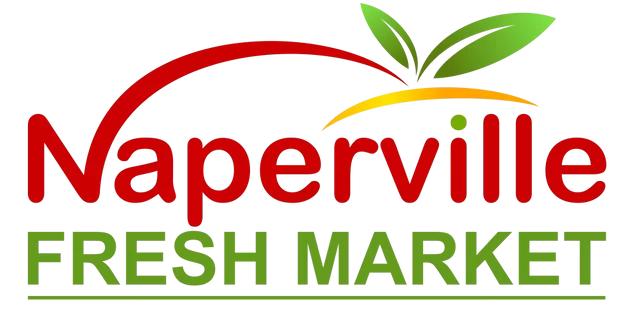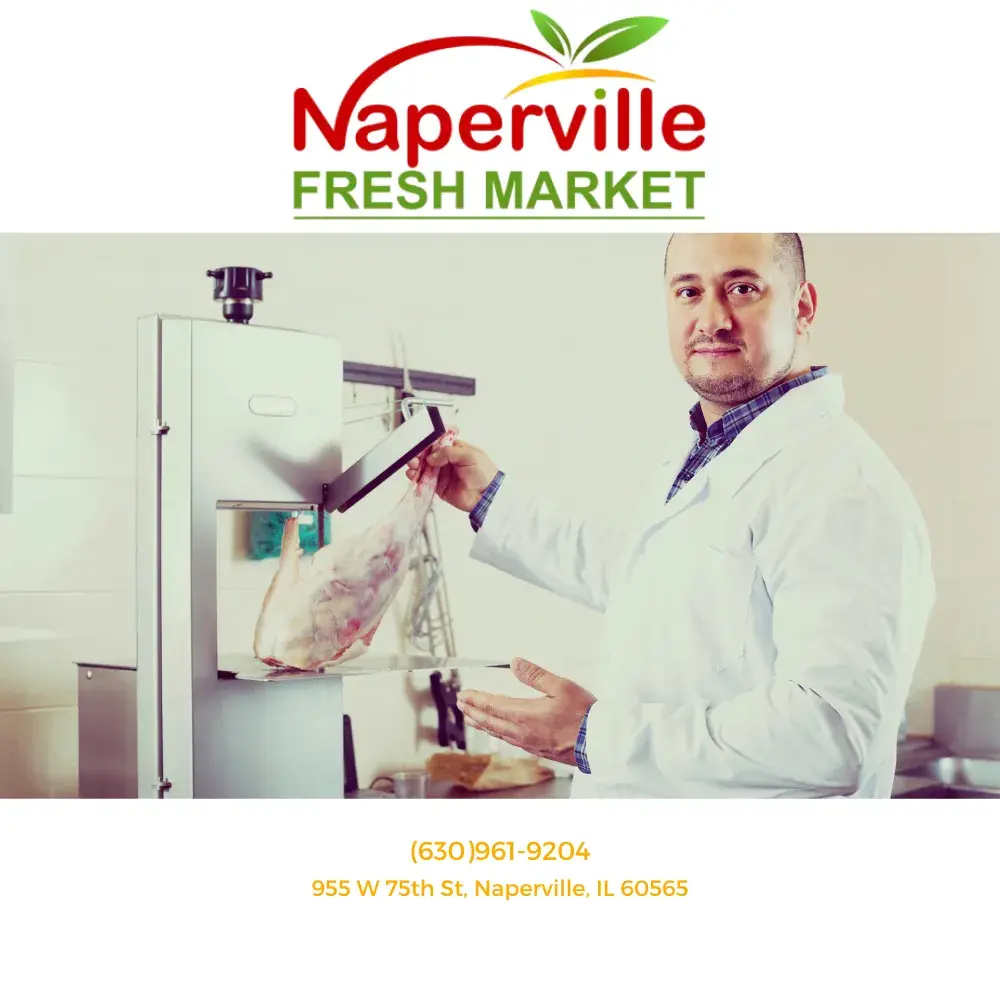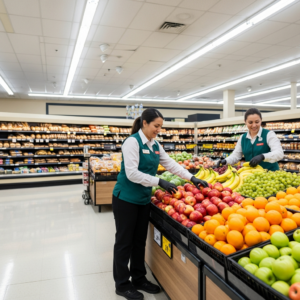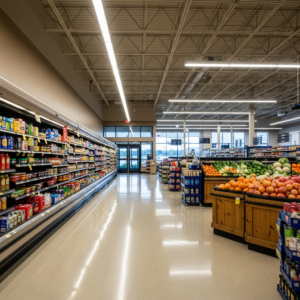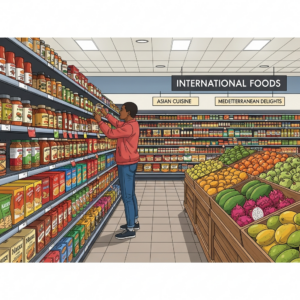In recent years, halal meat has gained popularity not only among Muslim consumers but also among those who prioritize ethical and sustainable food choices. Beyond religious requirements, the production and consumption of halal meat have profound positive impacts on local farmers and their communities. This article delves into how halal meat plays a crucial role in strengthening local economies, promoting sustainable farming practices, and fostering community bonds.
Empowering Local Farmers Through Halal Meat Production
Halal meat production often relies on small-scale, local farms that adhere to strict ethical standards. These farms are usually family-owned and operate with a deep respect for animal welfare. By sourcing meat from these farmers, halal meat businesses help sustain local agriculture and provide farmers with a steady and reliable market. This relationship fosters financial stability for farmers, allowing them to invest back into their farms, purchase better equipment, and maintain their land, thus ensuring the long-term viability of their farming operations.
Promoting Sustainable and Ethical Farming Practices
One of the core principles of halal meat production is animal welfare. The animals must be raised in humane conditions, provided with proper nutrition, and treated with kindness. These ethical standards not only align with the values of many consumers but also encourage sustainable farming practices. By supporting halal meat, consumers are indirectly endorsing farming methods that prioritize the well-being of animals and the environment. This shift towards more ethical farming practices can lead to broader changes within the agricultural sector, promoting sustainability across the board.
Strengthening Community Bonds Through Halal Meat Markets
Halal meat markets often serve as community hubs, bringing people together to share in the tradition of purchasing and preparing halal foods. These markets provide a space where local farmers and producers can sell their goods directly to consumers, fostering a sense of community and trust. The relationships built through these markets help to support not just the farmers, but also other local businesses, creating a ripple effect that benefits the entire community. Furthermore, the presence of halal meat markets can attract diverse consumers, fostering cultural exchange and understanding.
Enhancing Economic Resilience in Rural Areas
In many rural areas, the production and sale of halal meat represent a significant portion of the local economy. By supporting halal meat, consumers help to bolster these rural economies, providing jobs and economic opportunities in regions that may otherwise struggle. This economic support extends beyond the farms to include butchers, transporters, and market vendors, creating a robust local economy that can withstand larger market fluctuations. The economic resilience that comes from a thriving halal meat industry can help sustain rural communities for generations to come.
The halal meat industry does more than meet religious dietary needs; it plays a pivotal role in supporting local farmers, promoting sustainable and ethical practices, strengthening community bonds, and enhancing the economic resilience of rural areas. By choosing halal meat, consumers contribute to a more sustainable and community-oriented food system.
Learn More
The Journey of Halal Meat: From Farm to Fresh Market Shelves
